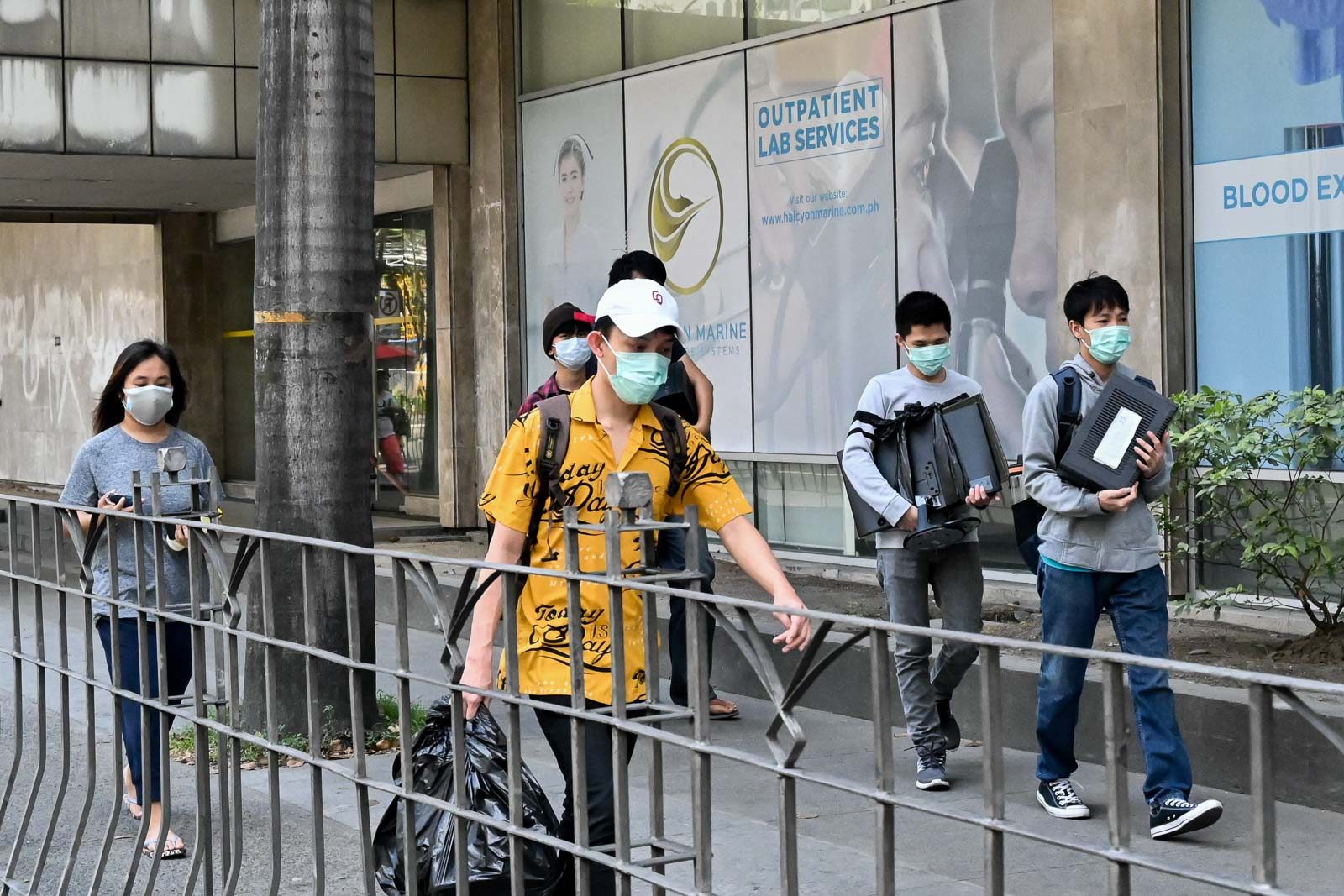SUMMARY
This is AI generated summarization, which may have errors. For context, always refer to the full article.

MANILA, Philippines – The spread of the novel coronavirus is expected to slow down office space demand from Philippine offshore gaming operators (POGOs), effectively hurting the property sector.
Property consultancy firm Colliers said in a report on Wednesday, April 1, that real estate developers should shift strategies, as office vacancy in Metro Manila is likely to rise due to slower office space demand from POGOs.
Colliers said landlords should now “proactively attract traditional or outsourcing tenants for space vacated by POGOs.”
POGOs face an aggressive crackdown in China, where gambling is prohibited. Travel bans imposed by China and the Philippines due to the pandemic also further pinch the controversial industry. (READ: Duterte won’t ban POGOs despite alleged crime links – Panelo)
Colliers expects office vacancy rates to increase by 4.3% at best and 8% at worst.
As of 2019, POGOs occupy over one million square meters of office space or around 10% of leasable office space in the capital region. (READ: How China’s online gambling addiction is reshaping Manila)
It has also driven rental rates up, as POGOs pay in full for a year and can afford higher price points.
Slower economic growth is also expected to hinder expansion plans of most industries.
Property developers were advised to target resilient sectors such as pharmaceuticals and technology.
Retail, residential, and hotels
Colliers also noted the negative impact of the coronavirus on the luxury retail segment, as Chinese and South Korean tourist arrivals decline.
“Domestic consumption is likely to weaken in the near term. Recovery in demand is likely to depend on any government stimulus,” Colliers said.
It recommended that retailers maximize tie-ups with e-commerce operators and target senior citizens who are embracing online shopping.
Demand for residential properties is also expected to soften due to increasing unemployment and declining remittances from Filipinos abroad. Pre-selling prices of condominiums will likely soften as well.
The hotel sector is also severely affected, with daily occupancy rates of only 35% due to the pandemic.
“Operators should start lining up marketing efforts to recapture foreign and domestic tourists as the COVID-19 epidemic wanes,” Colliers said.
It added that demand for residential units in areas with high concentration of POGOs will also decline due to travel bans.
The consultancy firm estimated that almost 15,000 units would be completed this year, with 79% or over 11,000 units in the Bay Area in Parañaque City. Due to fewer Chinese investors, vacancy rates will likely rise by as much as 20%.
Colliers recommended that investors take advantage of the better price points, as there is potential for value to go up. – Rappler.com
Add a comment
How does this make you feel?
There are no comments yet. Add your comment to start the conversation.